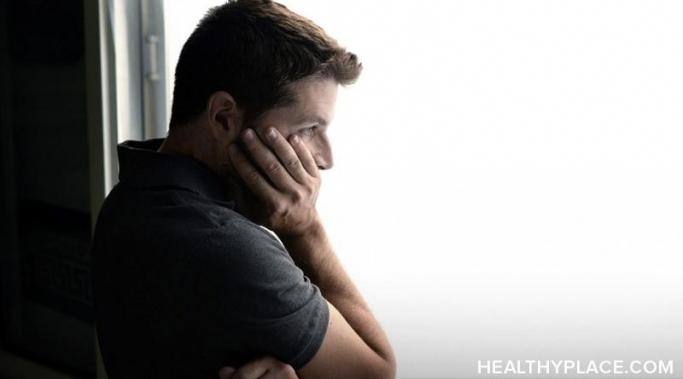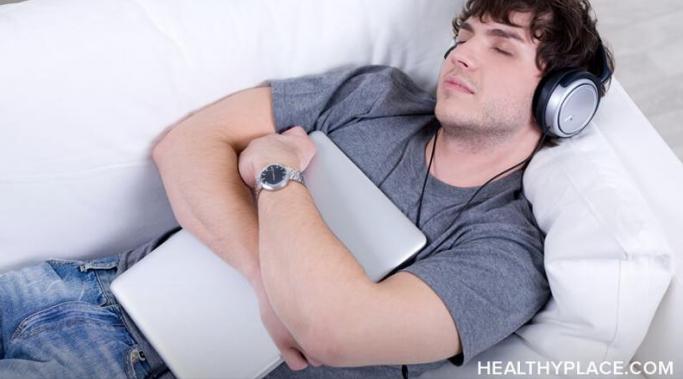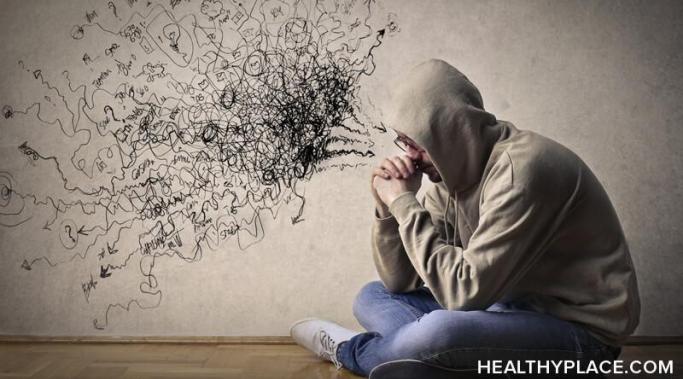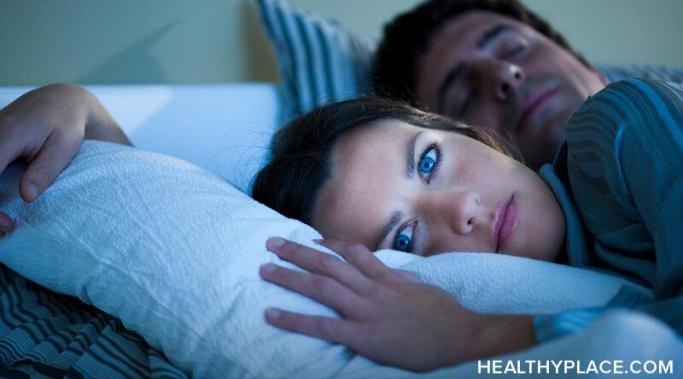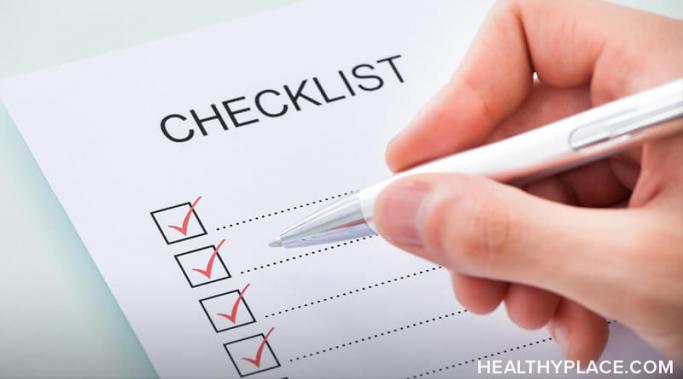"Anxiety says everything is my fault." This is a common lament and source of great stress for people living with anxiety. Believing that you're to blame for everything bad that happens--big or small--to people you care about is an effect of anxiety that is often overlooked.This form of self-blame is closely associated with depression. The feeling that "everything is my fault" is also very much part of anxiety. Understanding the relationship between anxiety and self-blame can help you recognize it and begin to separate yourself from the erroneous belief that it's all your fault.
Effects of Anxiety
Anxiety and laziness seem unseemly because social pressure tells us it’s not okay to be lazy -- or anxious. We tend to value productivity and activity – if we don’t get as much out of the day as we can, we can be looked down upon. However, anxiety and laziness can go together, and it's okay to be lazy when you're anxious.
What is anxiety? Odd as it may seem, that is a common, and quite legitimate, question. People who live with anxiety typically understand that they are experiencing it. Anxiety feels stressful, crushing, stifling, shocking, painful, and incredibly difficult. People typically know when anxiety is interfering in their lives. But what, exactly, is anxiety? How is it experienced? Is anxiety a thought? Is it an emotion? Is it a behavior? The more you know what anxiety is and about your own unique experience with it, the better equipped you'll be to use the right strategies to move past it.
You can understand mental illness more fully by reading great literature. Regular readers of this blog may have seen the video where I examined a poem by William Wordsworth and applied its wisdom to living with anxiety. I'm a former English major, and I firmly believe literature to be one of the most valuable tools we can use to come to terms with the challenges of life, mental illness included. Because this may seem foreign to many readers, I want to use this time to argue why you can understand mental illness better by reading literature.
Anxiety zaps self-confidence. When it knocks out our belief in ourselves, anxiety often takes with it our sense of who we are, what we can do, and how we want to be. How is it that anxiety can be such a powerful force that it encompasses not only worry and fear but our belief that we are okay, legitimate human beings in our own right? Anxiety can chip away at self-acceptance, but there are ways to pick up the pieces and put them back together. You can create the courage to be self-confident despite anxiety.
It happens to me all too often. I work full time. I ride my bike to and from work every day. Theoretically, I should fall asleep the second my head hits the pillow, but I don’t - racing thoughts and a restless heart, more often than not, make that impossible. Instead of letting every sleepless night snowball into catastrophe, I’ve learned how to turn them into something more manageable. Here are some of the things that have helped me the most.
Being hard on yourself is an unfortunate effect of anxiety. We blame ourselves for this and we chastise ourselves for that. We ruminate about the past and beat ourselves up with worry. We fear things that might happen in the future because we think we’re not good enough to handle this or that. Being so hard on yourself cannot only be an effect of anxiety, but it can also cause increased anxiety. Anxiety and self-hatred exacerbate each other so that it seems that we’re stuck in this awful place forever. In reality, you don’t have to always be so hard on yourself. There are ways to stop and to even start liking yourself.
You probably want to control anxiety attacks and panic attacks because they are frightening experiences that make anyone who has them feel out of control. Of course people feel out of control with anxiety attacks. They are all-consuming. It’s as if the world shrinks around us like cling wrap -- squeezing, crushing, and suffocating us. And at the very same time, panic attacks make the world feel like it’s growing bigger and bigger so that there’s nothing to ground us, leaving us to spiral dizzyingly out of control. Is it even possible to control this terrible aspect of anxiety? Happily, there is. This checklist can be your guide to control anxiety attacks or panic attacks.
Anxiety while driving is commonplace for me. Due to generalized anxiety disorder (GAD), my brain magnifies my anxiety while driving. Even driving to a nearby store turns into a worst-case scenario in my mind’s eye. Some of this anxiety seems reasonable. Other fears involve driving activities that don’t distress the average person. When I drive, there is a specific driving anxiety I can’t conquer. I have a fear of getting into a car accident while making left turns in traffic.
If you experience work anxiety, do you find yourself losing sleep over your job, tossing and turning and staring at the ceiling as you ruminate over what went wrong, what you did wrong, and what you will do wrong at work? Do you find it hard to get out of bed because you fear what the workday has in store for you? Maybe you have anxiety attacks even before leaving the house. When you experience any of this, your anxiety casts its evil spell and has you under its control even before you enter your workplace. Starting the day this way is a set-up for yet another daily struggle with anxiety. This battle with work anxiety gets in the way and holds you back from fully doing the job you need and want to do.
